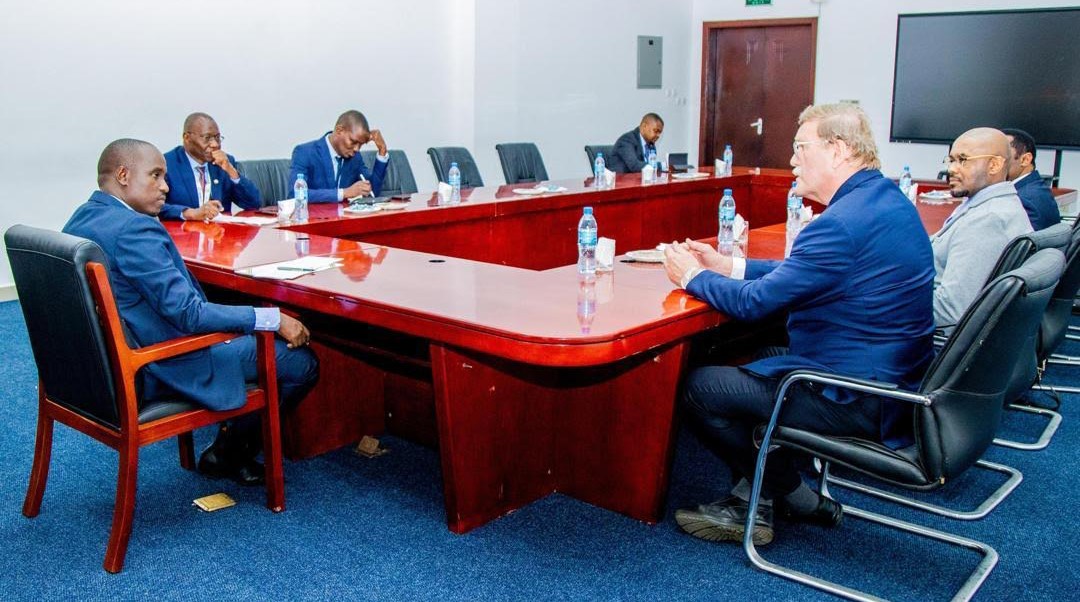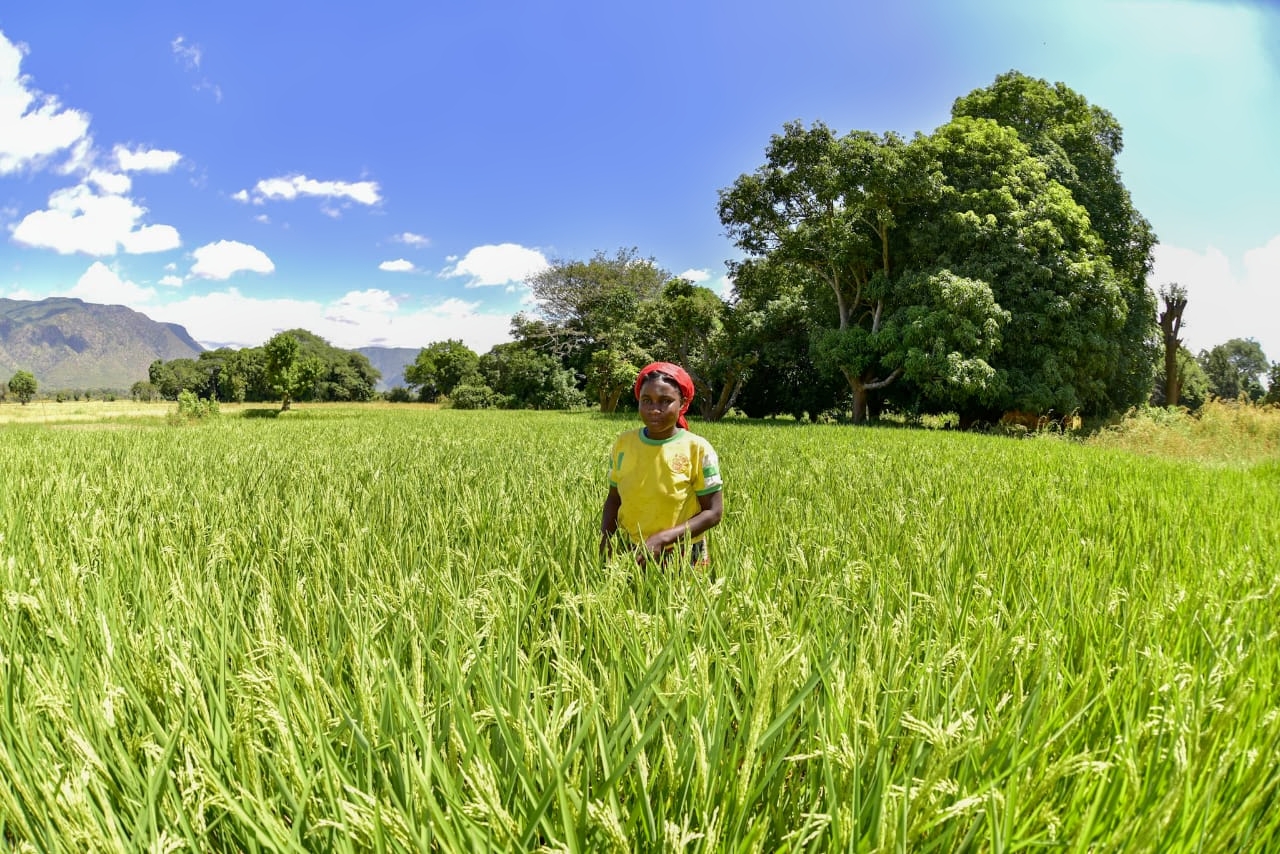IMF approves $2.7 billion loan for DR Congo

What you need to know:
- DRC will receive $1.7 billion under a new Extended Credit Facility (ECF) programme, and another $1 billion under the Resilience and Sustainability Facility (RSF)
The Democratic Republic of Congo will receive up to $2.7 billion from the International Monetary Fund (IMF) over the next three years to help with its governance and transparency reforms as well boost its conservation efforts.
The executive board of the multilateral lender on Wednesday approved two facilities for Kinshasa, allowing it continued access to the concessional funds after its last arrangement expired last July.
DRC will receive $1.7 billion under a new Extended Credit Facility (ECF) programme, and another $1 billion under the Resilience and Sustainability Facility (RSF), which it is accessing for the first time ever.
The ECF is a concessional funding facility given to low-income countries facing balance of payment difficulties such as the DRC. The money comes in the form of Special Drawing Rights.
The new arrangement follows the expiry of a similar three-year programme that ran from July 2021 to July 2024, and is credited for boosting Congo’s economic development and bolstering its foreign exchange reserves.
“However, macroeconomic policy, structural and climate-related challenges remain and require deeper reforms,” noted Kenji Okamura, IMF deputy managing director, who chaired the board meeting that approved the loan.
Under the latest arrangement, President Felix Tshisekedi’s government will need to implement a raft of reforms in governance and transparency, mostly aimed at boosting domestic revenue collection and openness in management of public finances.
Specifically, “the authorities plan to boost growth and create fiscal space for priority investment and social spendings,” Mr Okamura said.
“This would be achieved by strengthening domestic revenue mobilisation and stepping up fiscal discipline, including through a stricter adherence to normal expenditure chain procedures, the operationalisation of the Directorate-General of the Treasury and Public Accounting, the decentralisation of payment authorisation, and the setting up a Treasury Single Account.”
Calixte Ahokpossi, IMF mission chief for the DRC, termed the establishment of a Treasury Single Account and the directorate a “key priority” under the new programme, as they’re meant to boost transparency in governance.
The DRC government currently has 3,625 accounts, 607 of which belong to the 54 ministries, 121 to state institutions, and 2,608 supplementary budget accounts and 289 special accounts.
Meanwhile, the DRC economy has defied the recent pick-up in the conflicts in the eastern parts and the M-pox outbreak to post strong economic growth and declining inflation and fiscal deficit.
Economic growth in 2024 is estimated to decelerate to 4.7 percent from 8.4 percent, while inflation dropped to 12 percent at the end of 2024 from 23.8 percent at end 2023.
Added to the ECF arrangement, the RSF funding will help DRC “navigate the ongoing challenges and advance the country's climate adaptation and mitigation agenda while consolidating its role as a “solution country” in the transition to a low-carbon global economy,” said Mr Okamura.
“In particular, the RSF-supported program will focus on protecting the DRC's significant rainforest, building resilience to climate disasters, and better integrating climate considerations into public investment management.”





